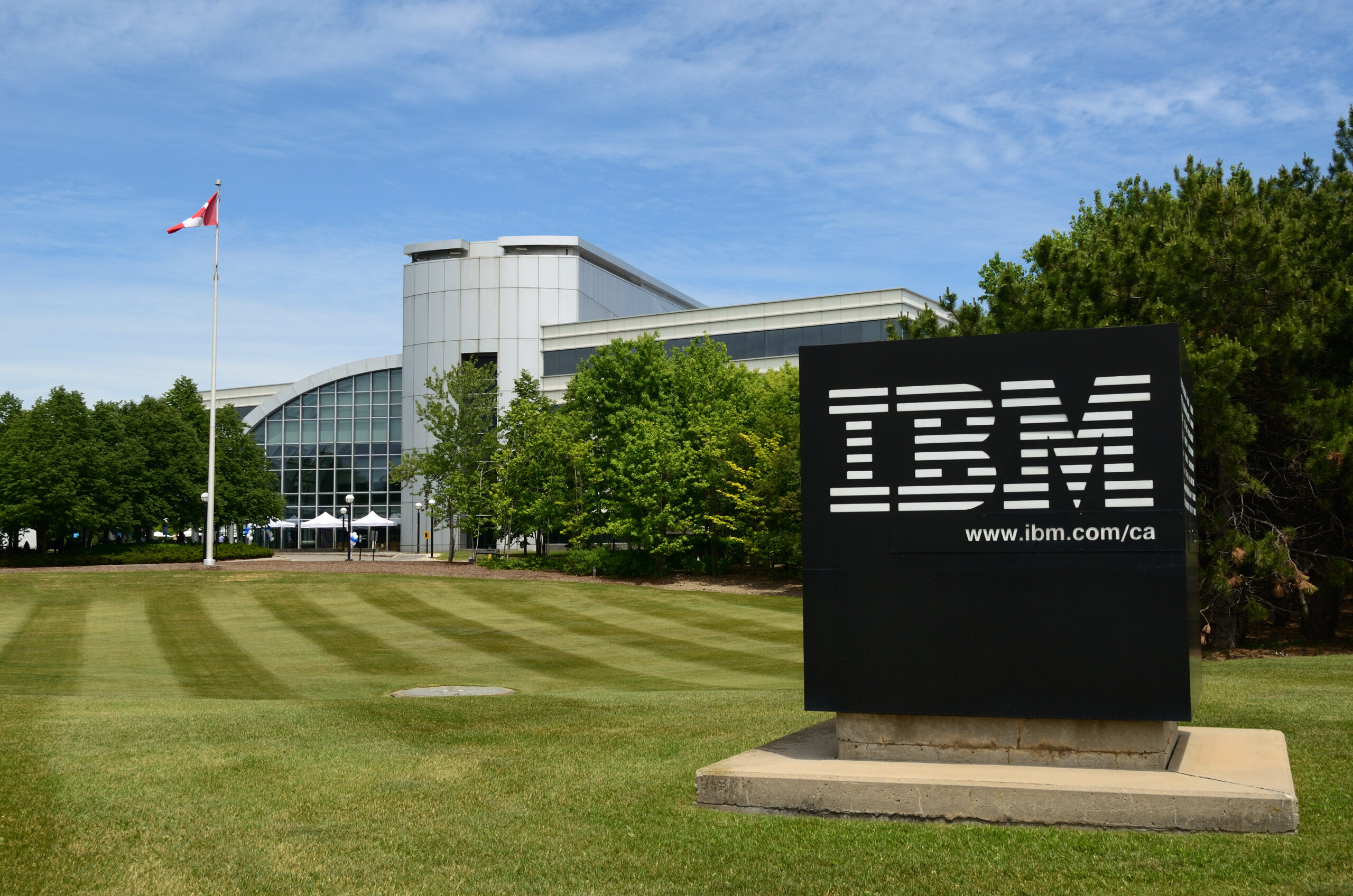Whitehall’s benefits department evaluated 15 supplier bids for its Nexus AI engagement, which is aimed at enabling explorations of how new technology could solve problems that have yet to emerge
The Department for Work and Pensions has picked tech giant IBM to fulfil a multimillion-pound contract intended to help the organisation to better use artificial intelligence to deliver its key objectives over the coming months and years.
On 15 September, the DWP entered into an initial one-year deal with IBM, a newly published procurement notice reveals. The US vendor was picked ahead of 14 other bids.
The engagement, dubbed ‘Nexus AI’, will provide the department with “support from subject matter experts in AI to build a deep and continually updated understanding of AI capabilities mapped against DWP’s key business challenges and opportunities”.
Over its 12-month term, the DWP expects to the agreement to be worth £9m, plus VAT. If the contract is extended for two further optional one-year terms, this spending is set to be replicated – taking the overall value of the deal to £32.4m.
For that price, the supplier will support the DWP as it “identifies, builds, and tests proof-of-concepts to investigate how AI can help the department address ‘to-be-identified’ business problems”, according to an planning notice published earlier this year.
“We plan to then roll out AI tools to DWP colleagues when we are confident that they have met the necessary technical and business criteria to successfully add value to the department and our customers,” the document adds. “Our approach to safe acceleration is value-led, responsible, secure and firmly human centred, as aligned in the AI Playbook for the UK Government.”
Related content
- One in three cannot access online benefits without help, DWP study finds
- DWP backed with £20m this year for digital work on Jobs and Careers service
- EXCL: DWP explores data science to inform Jobcentre ‘interventions’ for benefit claimants
Over the next three years, the DWP expects to run various early-stage experiments exploring possible uses of a number of forms of AI, likely to include generative tools, machine learning , and natural language processing.
Via the Nexus AI deal, IBM will be tasked with providing services including evaluating projects from beginning to end, management of the department’s pipeline, governance and risk-management, support with tech implementation, and “developing and maintaining common components to recycle capabilities across DWP and across government”, the planning notice says.
The tech firm may also be called on to assist with the DWP’s “AI an Innovation programme” in the areas of “innovation and ideation; strategy and control; [and] delivery and scaling”.
The document adds: “The supplier will consider sustainable, responsible, ethical, legal and commercial enablers and ensure that DWP continues with its overall strategy of keeping humans in the loop on any decision.”
Current uses and policies
The award of the £30m-plus contract comes just a few months after PublicTechnology exclusively revealed that the DWP had reversed a policy implemented last year that barred the use of popular generative AI tools such as ChatGPT on official business or via government-issued devices.
One notable exception remains prohibited though: the DeepSeek technology, developed in China.
The department already uses AI technologies to support telephone helplines with a “conversational platform… [which] allows citizens to speak naturally” when they call seeking assistance. Elsewhere, the DWP has deployed an artificial intelligence tool to identify parents that are most at risk of defaulting on child maintenance payments.
in 2023, the department revealed plans to invest £70m over a two-year period in expanding the use of algorithms and analytics to help tackle benefit fraud.
Official documents released last summer, which outlined the DWP’s intention to grow trials of AI, also revealed that an internal “fairness impact assessment” of algorithms used to help detect benefit fraud found no “immediate concerns of discrimination, unfair treatment or detrimental impact”.
Despite the DWP’s own assessment, the department has faced criticism and concern over what onlookers have claimed is a potential for bias and a lack of transparency about the automated technology’s operation.




